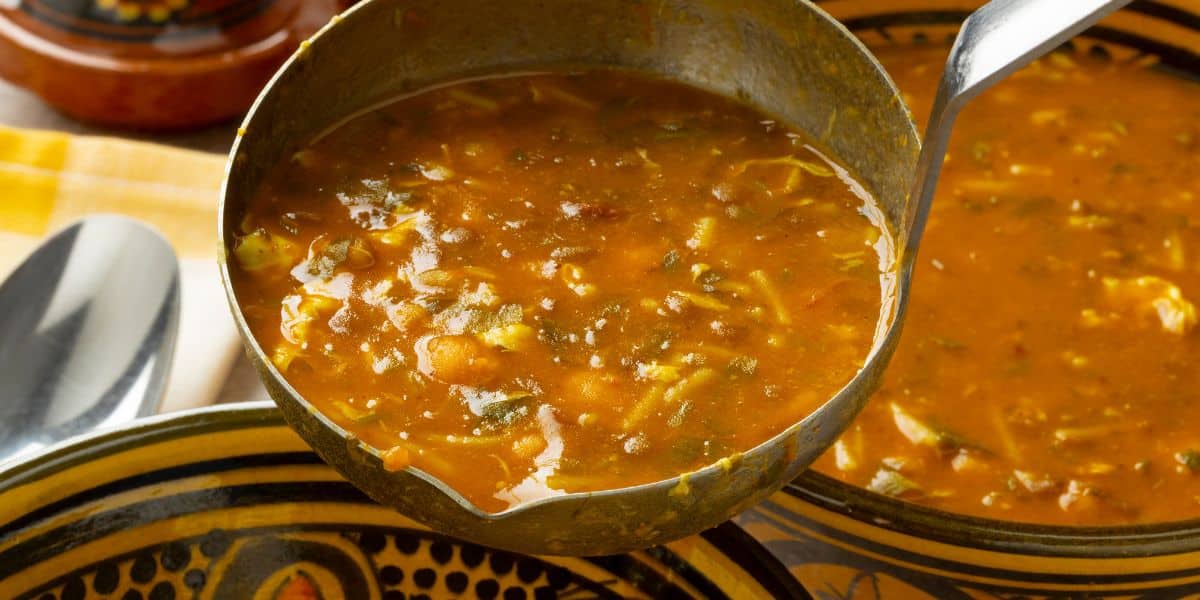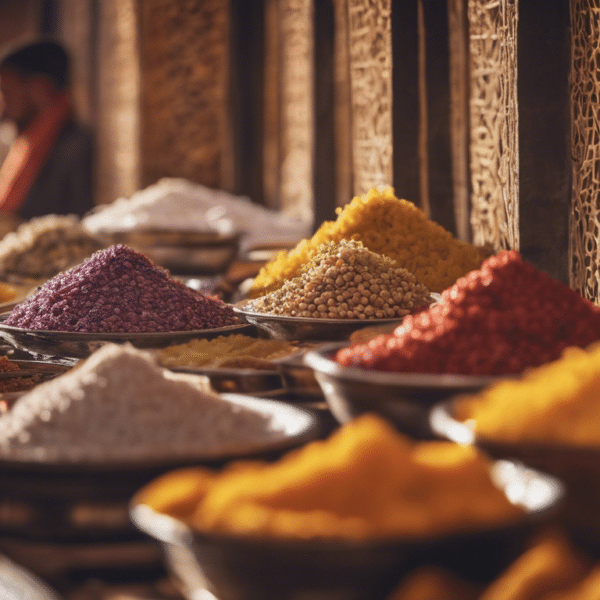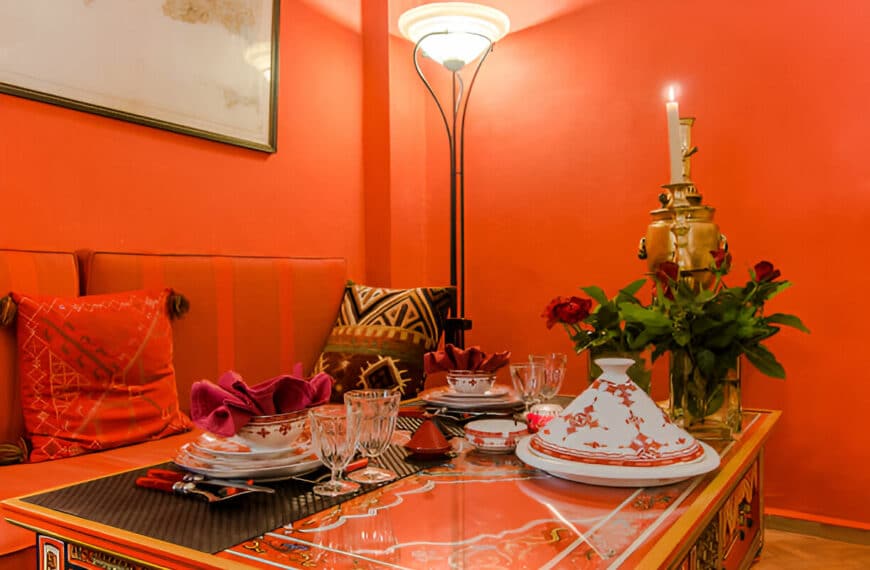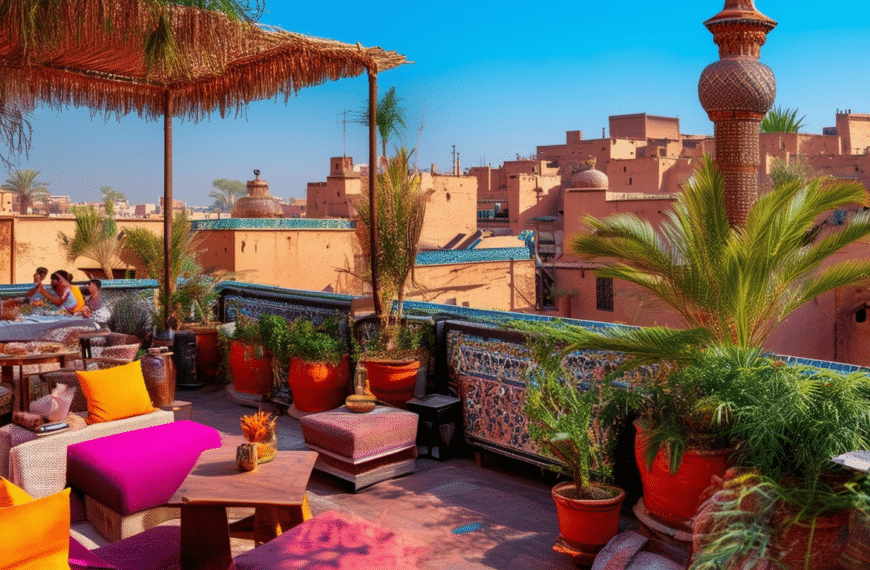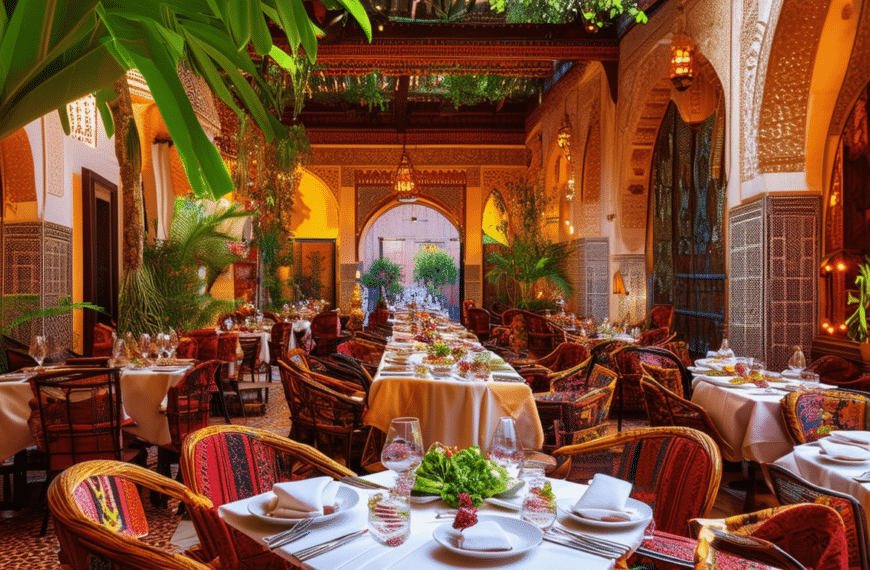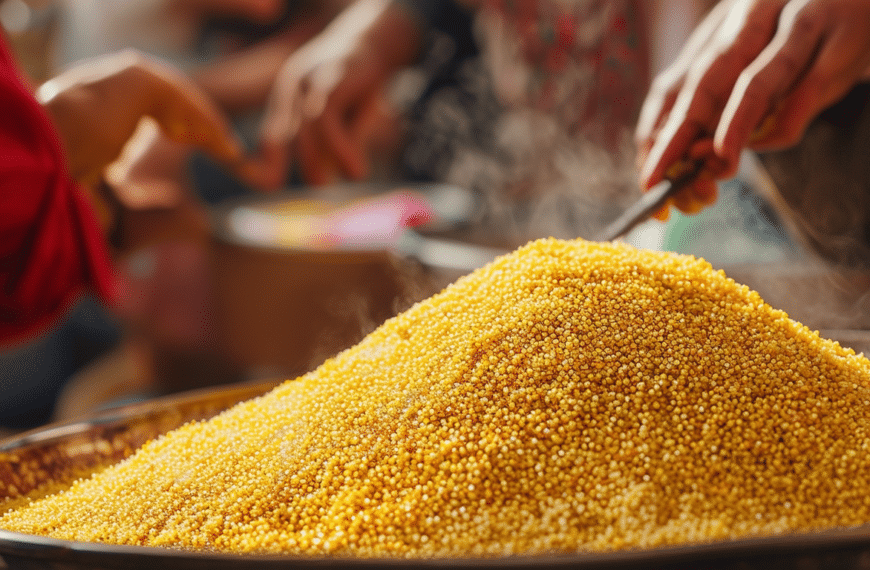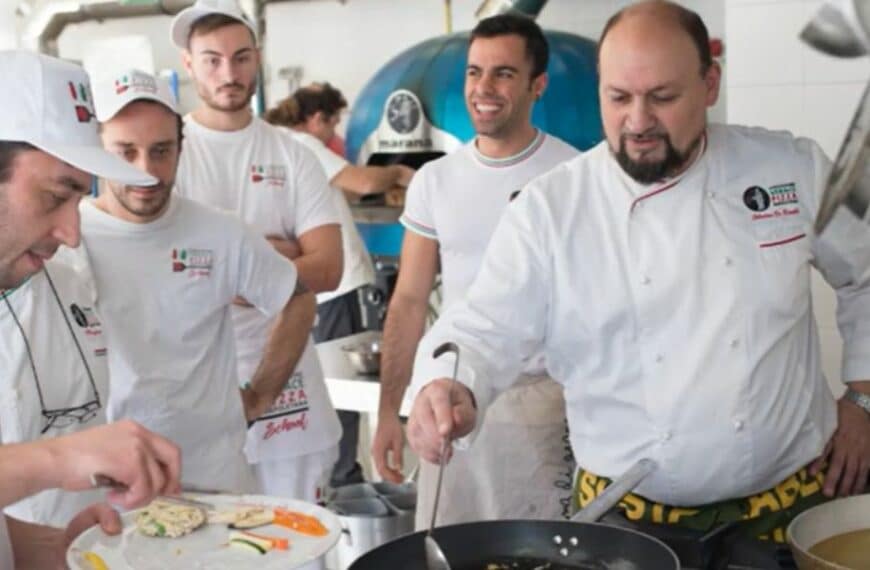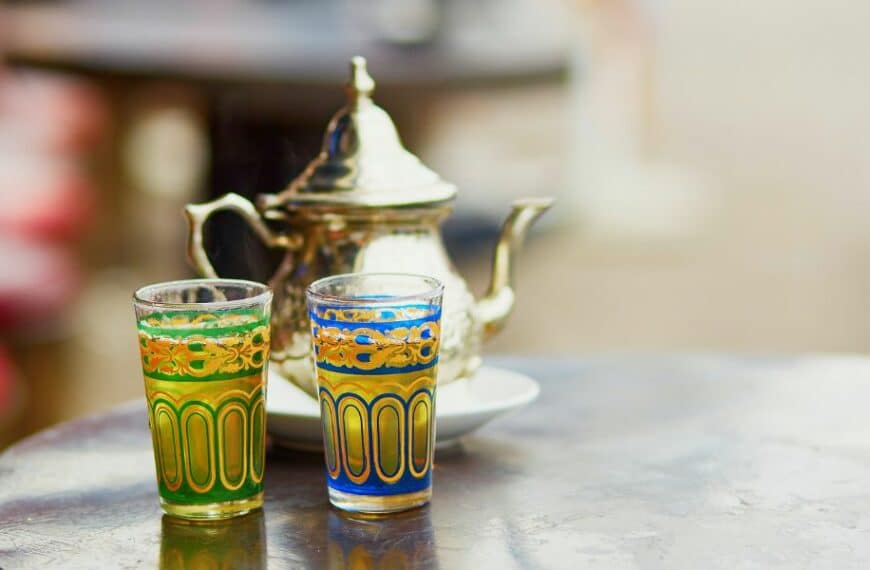Dive deep into the heart of Marrakech during the sacred month of Ramadan, where the simmering pots of Harira tell a story more enriching than the spices that flavor it. This isn’t merely a soup; it’s a cherished tradition, a symbol of unity, and a testament to Moroccan hospitality. Unveil the secrets behind Harira’s legendary status and learn how this treasured dish weaves a thread of connection across tables and generations. Let’s embark on a culinary journey that promises more than just satisfaction for your taste buds—it’s an invitation to be part of a culture that’s vibrant, warm, and deeply spiritual. Join us as we reveal the essence of Ramadan through the magic of Harira in the enchanting red city.
Exploring Harira: A Moroccan Ramadan Tradition
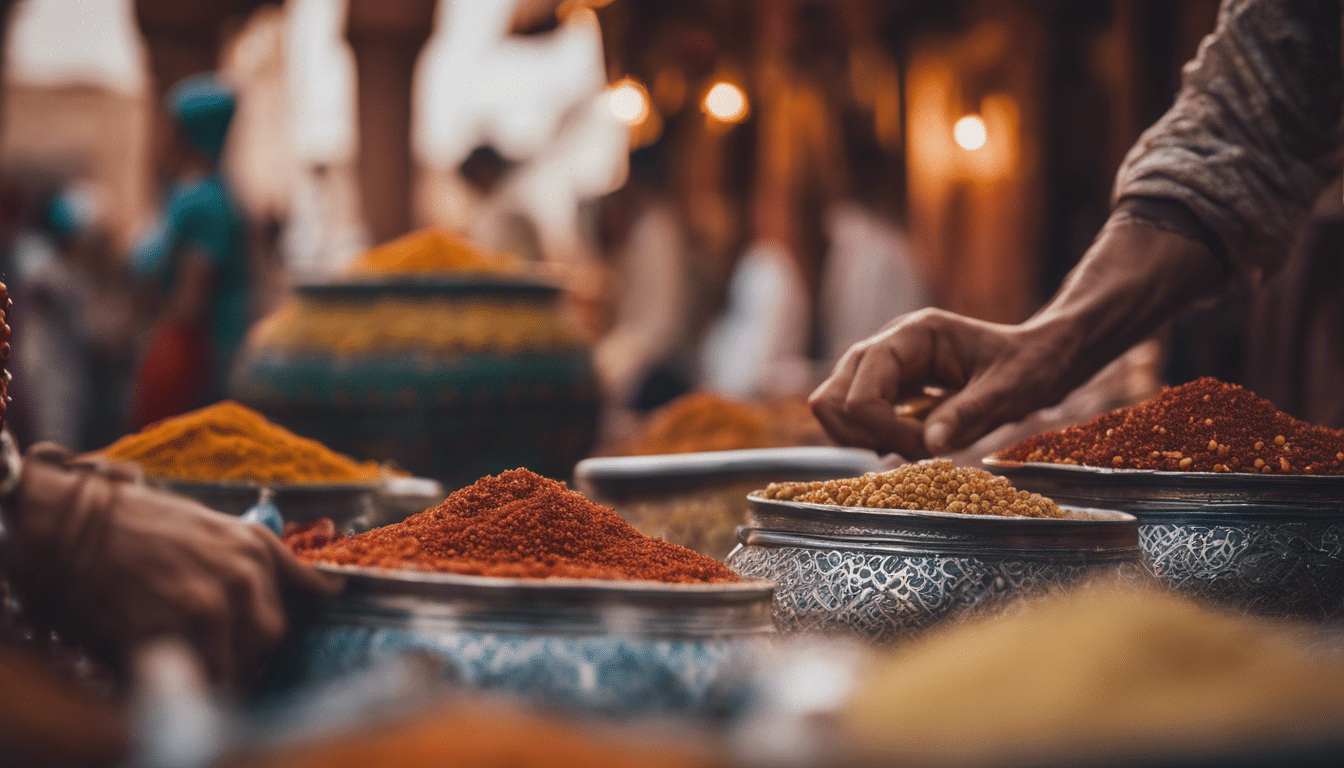
As the sun dips below the horizon and the day’s fast comes to an end, nothing encapsulates the essence of Ramadan in Morocco quite like a steaming bowl of Harira. This isn’t just soup; it’s a culinary embrace, a symbol of hospitality, and a testament to the rich tapestry of Moroccan cuisine. Let’s embark on a delectable journey into the heart of Moroccan culture and Ramadan traditions through the lens of Harira.
The Heartwarming Harira
Moroccan homes are filled with the rich, tantalizing aromas of Harira as families come together to break their fast. A quintessential dish for Iftar, Harira is a mouthwatering medley of tomatoes, lentils, chickpeas, and a blend of delicate spices, often accompanied by dates and sweet chebakia. Its hearty nature provides the essential nutrients needed after a day of fasting, and it’s the dish that lovingly welcomes the night’s feasting and fellowship. In truth, this soup is more than food; it’s a unifier, bringing together generations to share in the spirit of the season.
A Recipe Steeped in Generations
The secret to a great Harira lies in the family recipes passed down through ages—a fusion of flavors refined over time. Ingredients such as ginger, saffron, and fresh cilantro conjure a taste that is both comforting and exhilarating. Every cook adds their personal touch, but the essence of Harira remains constant, much like the enduring traditions of Ramadan itself.
For those eager to try their hand at this savory dish, quick and easy recipes are readily available, notably from culinary experts like Jane Jeffes. They offer a gateway to recreate the magic of Moroccan flavors right in one’s own kitchen. For those seeking a connection with their heritage or simply a taste of Moroccan hospitality, Harira is the perfect starting point.
Cultural Exploration During Ramadan
Visiting Morocco during Ramadan offers an opportunity to experience cultural and spiritual wonders. While days are quieter, the nights are vibrantly alive with people, prayers, and food. In this blessed month, the act of sharing Harira becomes an act of communion, intertwining the sacred with the social and allowing visitors to fully engage with Moroccan generosity.
In a country famous for its culinary diversity, each region of Morocco may add its own specialty to the Ramadan table, yet Harira remains the unchallenged starter for Iftar. From the bustling streets of Marrakech to the tranquil corners of Fez, the soup serves as a staple, a taste of home no matter where one finds themselves.
Harira Around the Globe
Harira’s appeal isn’t confined to the borders of Morocco. Around the globe, Moroccan communities and food enthusiasts have embraced this dish, sharing it with friends and family during Ramadan. It stands proudly amongst 25 traditional dishes enjoyed for Ramadan worldwide—a global favorite that represents the hospitality and richness of Moroccan culture.
Embracing Ramadan’s Culinary Traditions
Morocco, during the holiest month, is a tapestry woven with spiritual threads and culinary delights. Amongst them, Harira shines as a reminder of the generosity and community spirit fostered by Ramadan. It isn’t just a soup; it’s sustenance for the soul, a celebration of heritage, and an invitation to savor the vibrant essence of Moroccan life. Whether you are breaking the fast, seeking culinary adventure, or looking to reinforce cultural ties, Harira is more than a meal—it’s a cherished tradition.

